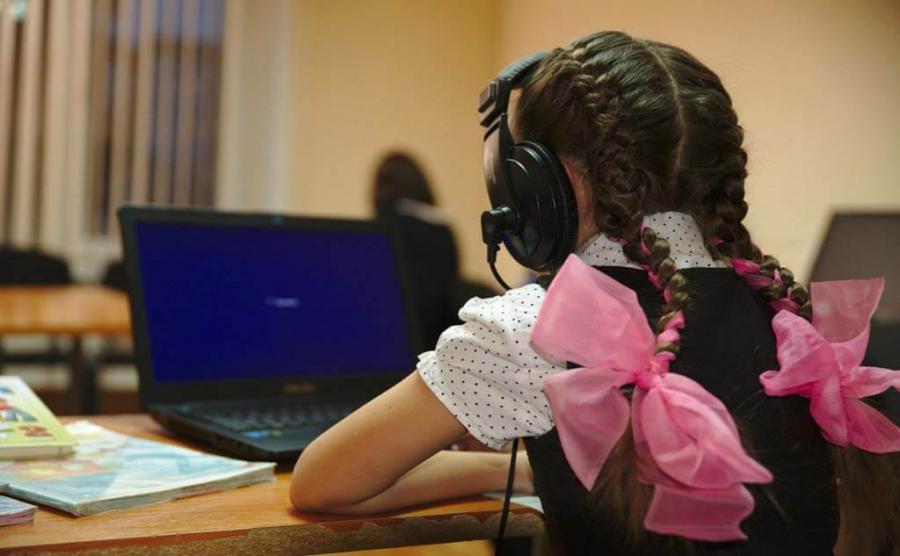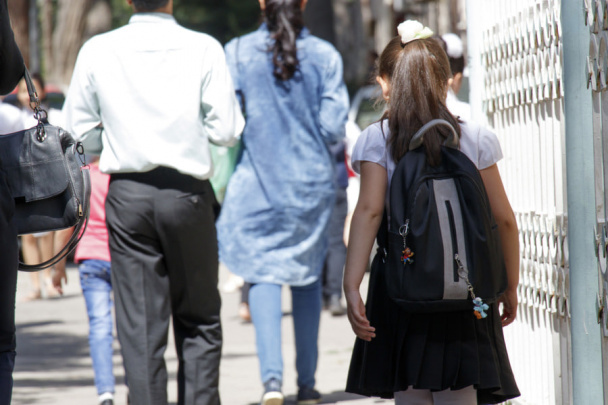WB estimates impact of COVID-19 on education in Central Asia at $44 billion

Photo: 24.kz
World Bank experts believe that the coronavirus pandemic will have a long-lasting negative impact on education, the quality of human capital and socio-economic development in Central Asia.
According to experts, the crisis threatens to deprive this generation of future earnings, as it pushes a large share of Central Asian students into functional illiteracy – inability to read, write, and do math at a level necessary to be productive.
According to WB estimates, prior to the pandemic, education across Central Asia was already suffering from low learning levels, as the countries struggled to eliminate learning poverty, distribute equal opportunities to poor learners, and promote inclusion. Students across the region performed 1.5 years below the average of Europe, i.e. an average student in Central Asia was a year and a half behind their peer in Europe. Many students in the region also performed significantly below functional literacy, according to the OECD Programme for International Student Assessment (PISA).
The growing disparity between students from different income groups is another major problem. This is due to a number of factors, including differential access to distance learning for teachers and students, teaching support, access to teaching and learning materials at home, and household contribution to homeschooling. The COVID-19 pandemic has exacerbated learning problems, as the closure of schools will have an even more negative impact on the most vulnerable aspects of education.
“The COVID-19 pandemic is dealing a blow to education and learning so destructive we will feel its negative effects for decades to come, including $44 billion in economic loss in Central Asia alone, and this is not our most pessimistic scenario,” said Ayesha Vawda, Lead Education Specialist at the World Bank in Central Asia. “Central Asian countries took swift action to deliver emergency learning via multiple channels and modes. Now is the time for governments to respond in a way that lays the foundation of the new education system – one that is high quality, resilient and equitable.”
The Bank thinks that education should be a priority when planning measures for dealing with the consequences of the pandemic. The countries need to protect education budgets, improve the quality of distance learning, allow flexibility in the curricula to focus on competencies and skills instead of knowledge, empower teachers with effective remediation strategies and with diagnostic and formative assessments and increased instruction time to allow recovery of learning losses.
As teachers become more aware of the learning, and learning loss of each child, remedial education plans will need to be developed. Special attention will need to be given to those students who have suffered the most during the school closures. The countries also need to develop digital skills amongst students, youth and teachers and increase teacher-student interaction on different distance learning platforms to better respond to the needs of the continuing crises.
Related News

19:29 / 11.02.2026
Uzbekistan launches $100 million employment initiative with World Bank support

12:55 / 10.02.2026
Islamic Development Bank to fund $164m in infrastructure and education projects in Uzbekistan

14:45 / 09.02.2026
Healthcare and education top corruption statistics in Uzbekistan

13:06 / 09.02.2026




